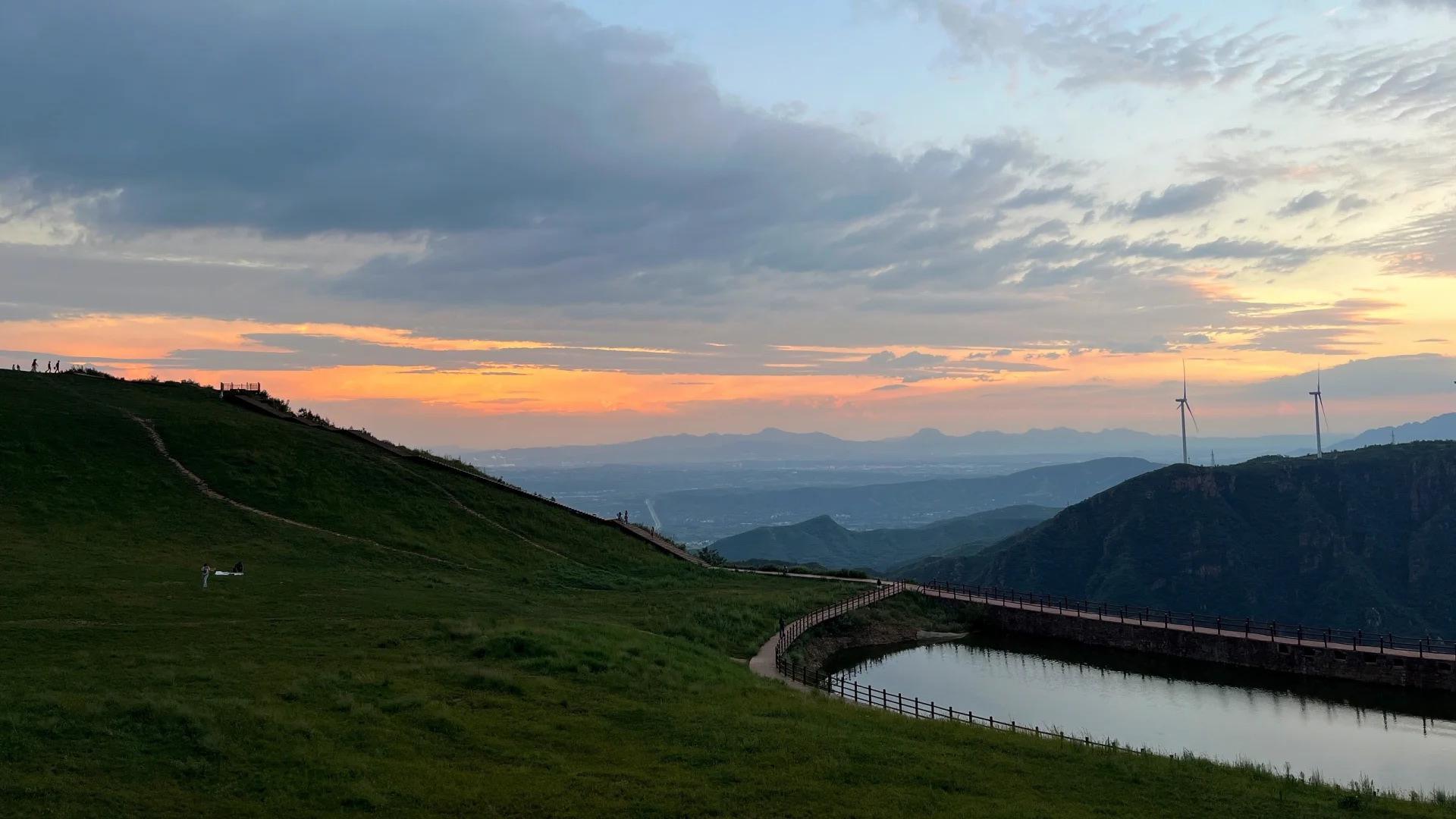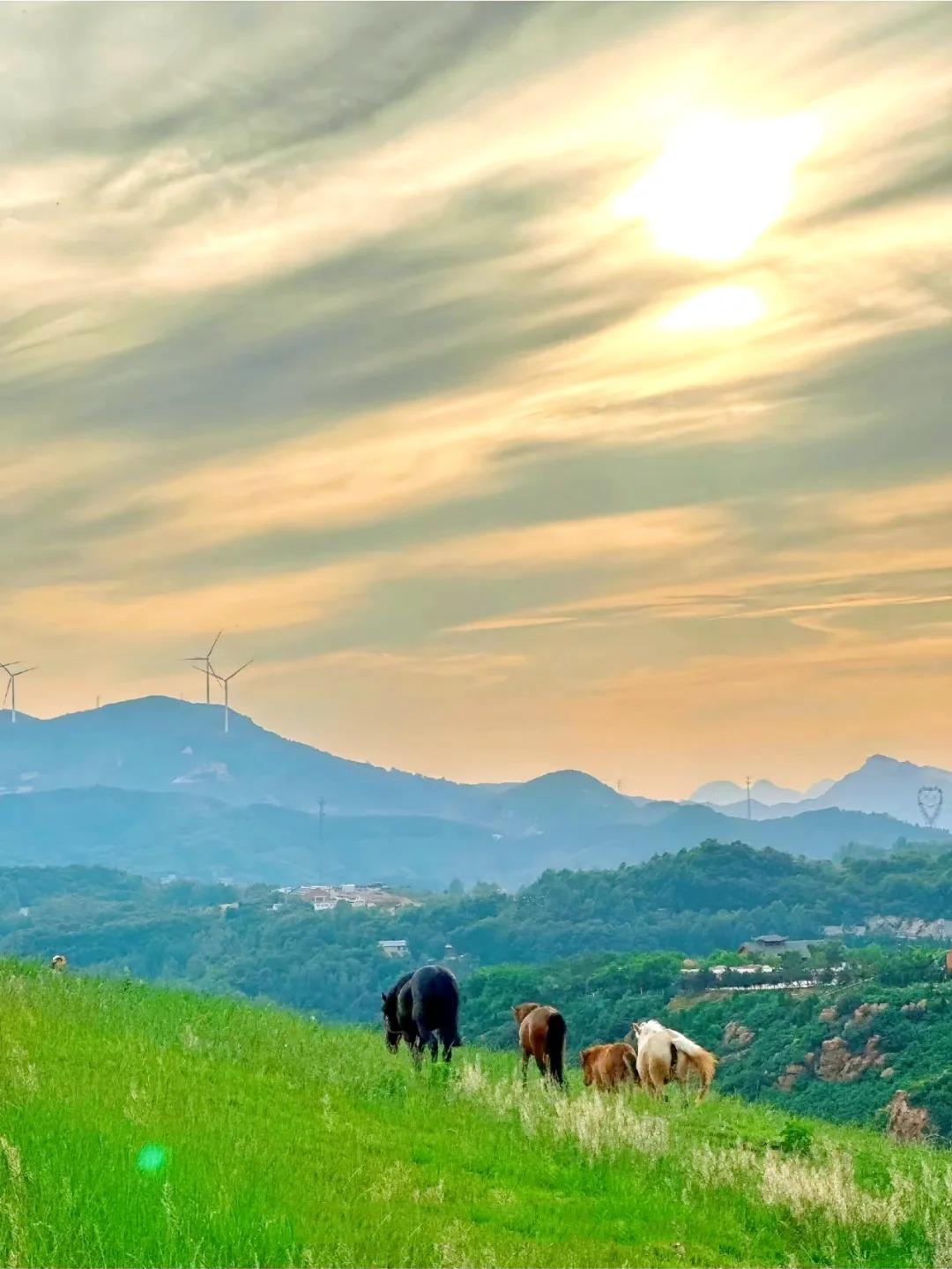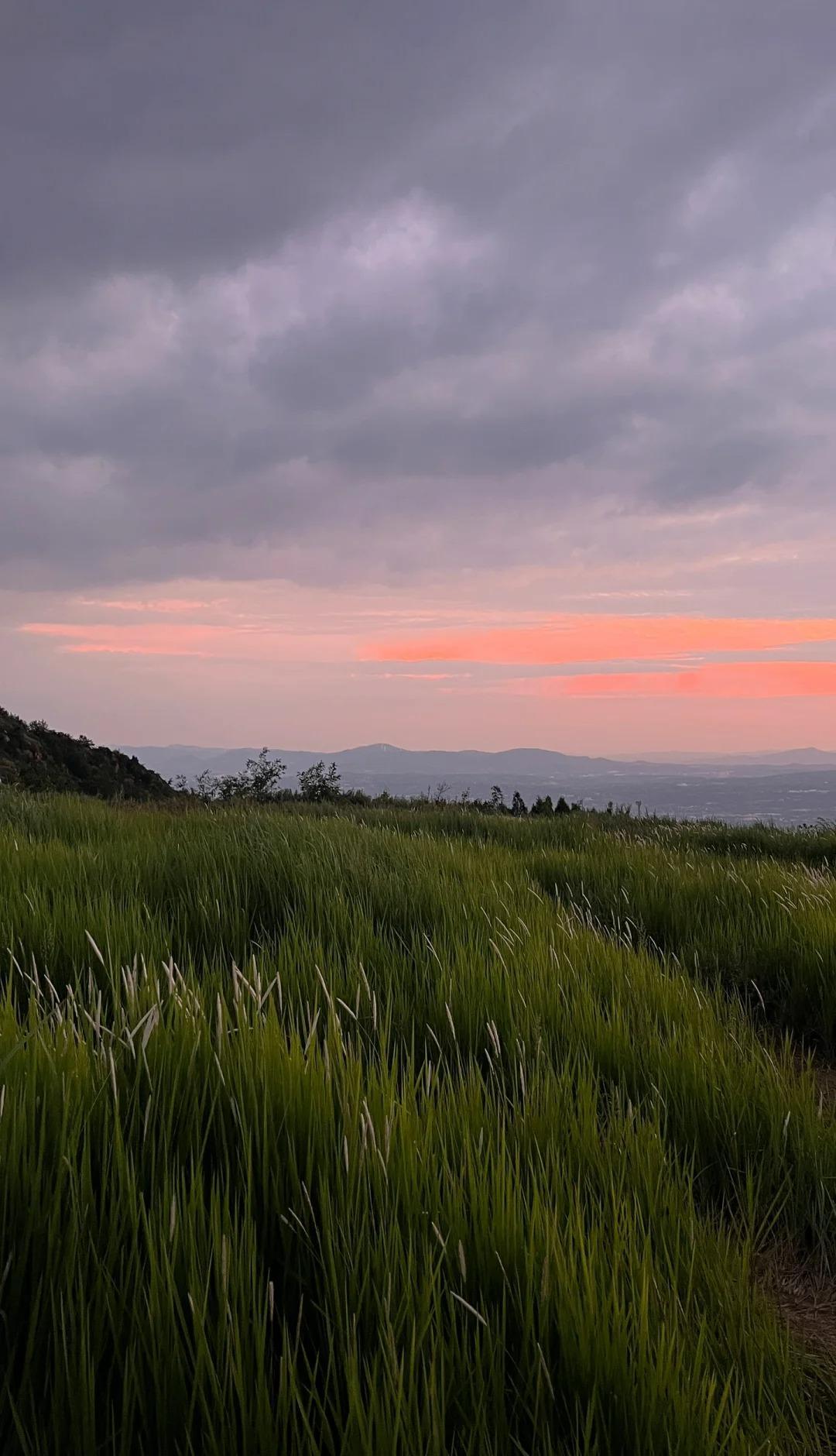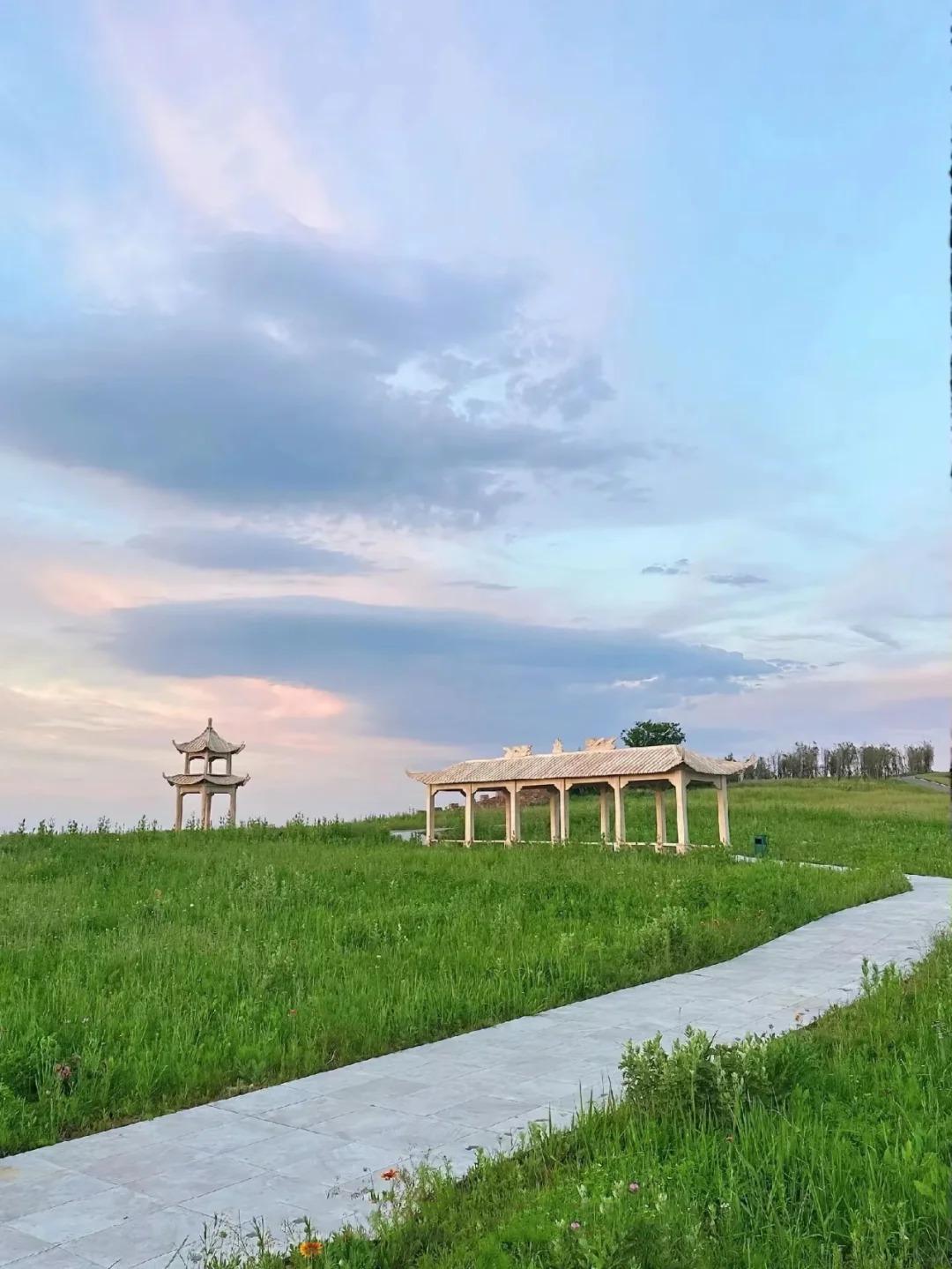Introduction to Fuxi Mountain and its Stairs
Nestled in the heart of Henan Province, China, Fuxi Mountain stands as a testament to both natural beauty and human ingenuity. This sacred peak, located near the city of Tianshui, is renowned for its awe-inspiring staircase that seems to touch the sky.
The stairs of Fuxi Mountain are not merely a means of ascent; they represent a spiritual journey deeply rooted in Chinese mythology. Legend has it that Fuxi, one of the Three Sovereigns of ancient China, imparted knowledge and civilization to humanity from this very mountain.
As visitors approach the mountain, the sight of the staircase snaking up the steep cliffs is nothing short of breathtaking, inviting pilgrims and adventurers alike to embark on a climb steeped in history and mysticism.

The Stairway: An Engineering Marvel
The Fuxi Mountain stairs are a feat of engineering that rivals some of the world’s most impressive structures. Here’s a breakdown of its key features:
| Feature | Description |
|---|---|
| Length | Approximately 8,000 meters (5 miles) |
| Number of steps | Over 7,200 |
| Materials | Primarily stone, with some sections reinforced by modern materials |
| Elevation gain | Roughly 1,000 meters (3,280 feet) |
What sets these stairs apart is their seamless integration with the mountain’s natural contours. Unlike the straight lines of the Great Wall or the uniform steps of Machu Picchu, the Fuxi Mountain stairs wind organically around cliffs and through dense forests.
The construction of such a massive staircase in challenging terrain is a testament to the ingenuity of ancient Chinese engineers. Modern renovations have focused on safety and durability, but the original design remains largely intact.

Historical and Cultural Significance
Fuxi Mountain holds a revered place in Chinese mythology as the dwelling place of Fuxi, the legendary sovereign credited with inventing writing, fishing, and trapping. The mountain and its stairs have been a pilgrimage site for Taoists for centuries.
Over time, the site has evolved from a purely religious destination to a cultural landmark. The stairs themselves are seen as a metaphor for life’s journey – challenging, with moments of rest and reflection, ultimately leading to enlightenment at the summit.
Many climbers engage in traditional practices as they ascend:
- Burning incense at small shrines along the way
- Tying red ribbons to trees for good fortune
- Meditating at designated spots with expansive views

The Climbing Experience
Ascending the Fuxi Mountain stairs is as much a spiritual journey as it is a physical challenge. The climb typically takes 3-5 hours, depending on one’s pace and the number of stops.
Key points along the ascent include:
- The Gateway: An ornate arch marking the beginning of the journey
- Midway Pavilion: A resting point offering panoramic views of the surrounding landscape
- Cloud-Touching Platform: Near the top, where climbers often pause to catch their breath and admire the sea of clouds below
The stairs vary in steepness and width, with some sections requiring careful footing. However, the breathtaking views of mist-shrouded peaks and lush valleys make every step worthwhile.

Surrounding Attractions
While the stairs are the main attraction, Fuxi Mountain offers more to explore:
- Fuxi Temple: A beautifully preserved Taoist temple near the summit
- Stone Carvings: Ancient inscriptions and bas-reliefs depicting mythological scenes
- Botanical Gardens: Showcasing the diverse flora of the region
Nature enthusiasts will appreciate the rich biodiversity, including rare bird species and native plants used in traditional Chinese medicine.
Practical Information for Visitors
To make the most of your Fuxi Mountain experience, consider the following tips:
- Best time to visit: Spring (April-May) or Autumn (September-October) for mild weather
- Getting there: Fly to Tianshui Maijishan Airport, then take a bus or taxi to the mountain base
- Entrance fees: Approximately 60 CNY (prices may vary seasonally)
- Essential gear: Comfortable hiking shoes, water, snacks, and weather-appropriate clothing
It’s advisable to start the climb early in the morning to avoid afternoon heat and potential crowds.

Tourism Impact and Conservation Efforts
The increasing popularity of Fuxi Mountain has brought both opportunities and challenges. Local authorities have implemented measures to manage tourism sustainably:
- Limiting daily visitor numbers during peak seasons
- Installing eco-friendly restrooms and waste management systems
- Promoting “Leave No Trace” principles among climbers
Future plans include the development of a visitor center focused on the mountain’s ecology and cultural significance, aiming to educate tourists while preserving the site’s natural beauty.
As you contemplate the journey up Fuxi Mountain’s legendary stairs, remember that each step is not just a physical act, but a connection to thousands of years of Chinese history and spirituality. The ascent offers more than just stunning views; it provides a unique opportunity to reflect on the harmonious relationship between human achievement and natural wonder.






